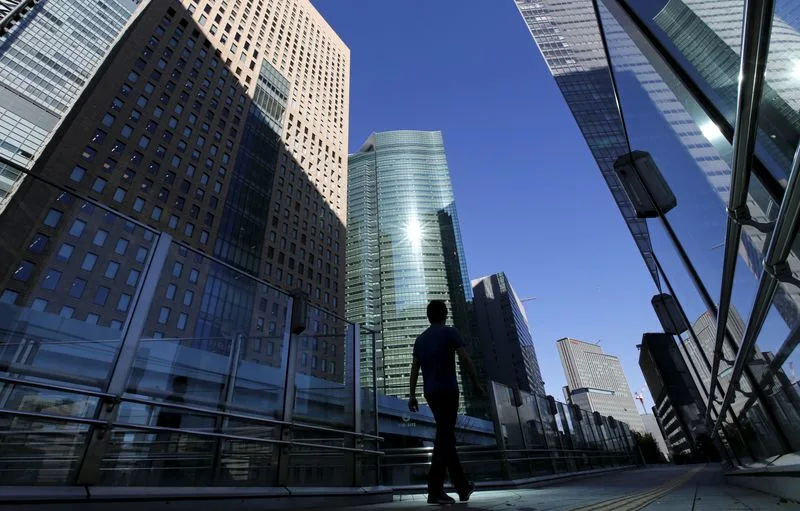According to a recent Reuters survey, the majority of Japanese companies do not believe that their government should raise tariffs on Chinese imports, following the lead of the United States. The survey, conducted from June 5-14, found that 61% of respondents saw no need for Japan to implement similar measures. These companies argue that China’s excessive production capacity in its industrial sector does not significantly impact their business. Additionally, around 53% of the surveyed companies stated that China’s excessive production capacity has little to no effect on their operations. This contrasts with the actions taken by the United States and the European Union, which have implemented steep tariff increases and hefty duties on Chinese goods, respectively. The Group of Seven major economies, including Japan, have also expressed concerns about China’s non-market practices.
According to a manager at a chemical company, the imposition of tariffs could result in a further escalation of measures and countermeasures between countries, ultimately leading to worsened economic conditions.
In response to the tariffs, China has accused the United States of contradicting its own principles of free trade and has criticized the G7 statement for lacking factual basis.
This information comes from a survey conducted by Nikkei Research for Reuters, with 492 companies participating anonymously. Approximately 230 companies responded to the survey.
The companies were also asked about their thoughts on Prime Minister Fumio Kishida’s pledge to ensure that wages consistently increase at a faster rate than inflation. Only 7% of the companies believed this goal was attainable.
A manager at a wholesale company expressed concerns about the financial viability of implementing wage hikes that keep up with inflation, stating that many mid-sized and small companies struggle to make ends meet.
Half of the companies surveyed believed that the goal of consistently increasing wages faster than inflation was not attainable, while 43% stated that it was difficult to determine.
Kishida’s government has implemented a temporary solution to mitigate the impact of rising inflation on the economy. This includes reducing annual income tax by 30,000 yen ($190) and residential tax by 10,000 yen for each taxpayer. Additionally, individuals can also claim the same amount in tax breaks for dependents and a spouse with limited income.
However, a recent poll revealed that 69% of companies do not believe this measure will have a significant effect in stimulating consumer spending.
In terms of domestic politics, 54% of companies anticipate that Kishida will be replaced as prime minister by the end of the year due to a fund-raising scandal. The ruling Liberal Democratic Party (LDP) has acknowledged that over 80 lawmakers received funds from undisclosed fundraising events. Three lawmakers have already been indicted by prosecutors.
According to a recent Asahi newspaper poll, support for Kishida’s government has dropped to 22%, a decrease of 2 percentage points from a month ago. This is the lowest level of support since Kishida assumed office in October 2021.
In a recent survey, former Defence Minister Shigeru Ishiba emerged as the top choice among corporate Japan for the country’s next leader, with 24% of firms considering him a suitable successor. Following closely behind was Economic Security Minister Sanae Takaichi, who garnered 14% of the votes.
Ishiba is well-regarded for his expertise in security matters and consistently ranks high in voter surveys on potential future prime ministers. However, he faces challenges in gaining support from fellow lawmakers within the Liberal Democratic Party (LDP), whose backing is crucial for winning the party’s leadership election.
The survey also revealed that approximately 80% of companies expressed their preference for the LDP and its junior coalition partner, Komeito, to remain in power if Prime Minister Fumio Kishida decides to call for a snap election later this year. One manager from a food company expressed concerns that a change in government could lead to political and economic confusion, potentially weakening Japan’s competitiveness.
In contrast, only 6% of the surveyed companies expressed a desire for a government led by the Constitutional Democratic Party of Japan, which is currently the largest opposition party.
(Note: The conversion rate used in this article is $1 = 158.05 yen)
